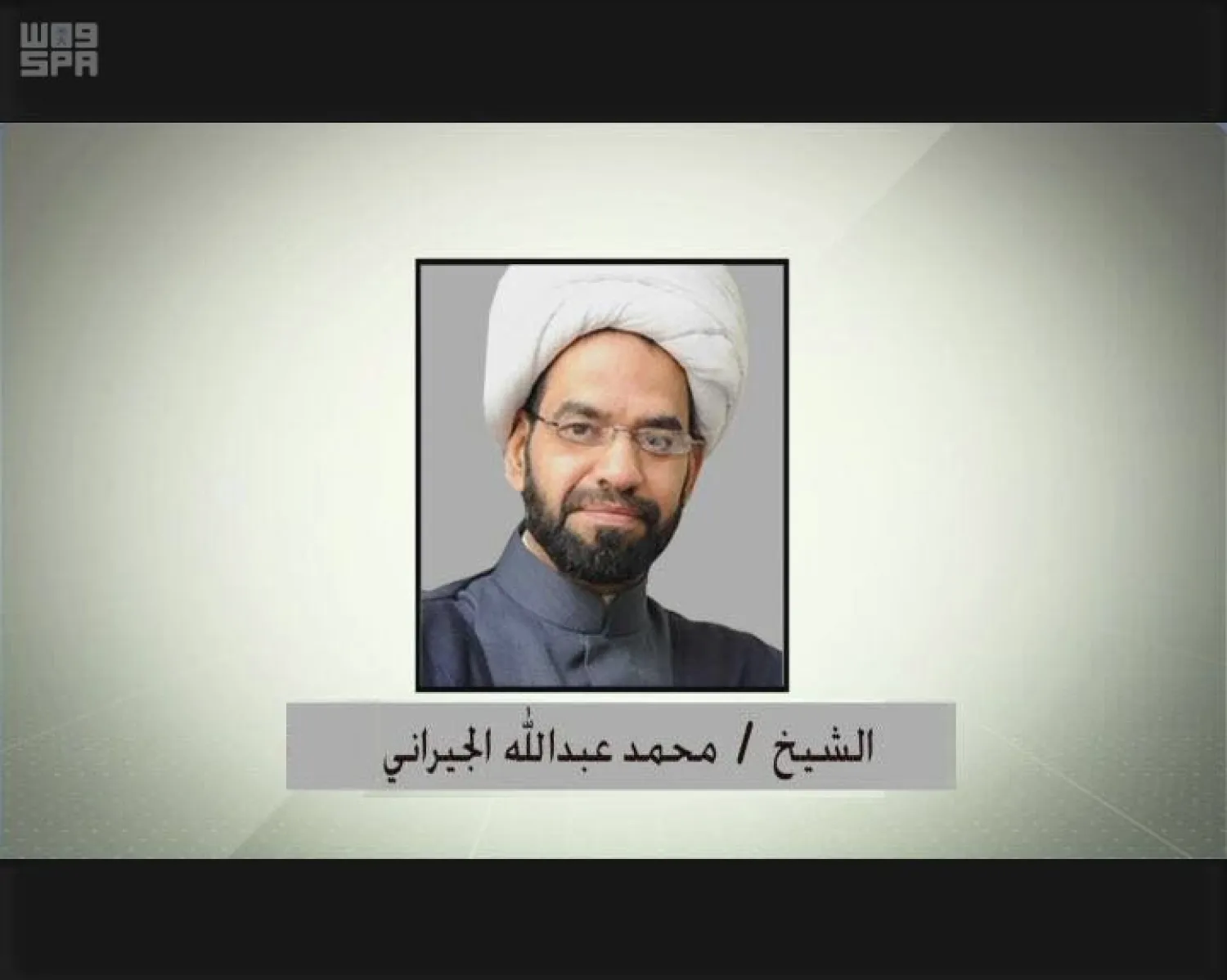The Saudi Council of Senior Scholars condemned on Monday the terrorist murder of Sheikh Mohammed bin Abdullah Al-Jirani, judge at the Endowments and Inheritance Department.
It said in a statement that the crime is condemned in the strongest of terms, noting that it reveals the danger of the terrorists and the ugliness of their criminality.
The hand of justice and security will capture them, it vowed, while asserting that the people of Saudi Arabia stand united behind their leadership, security forces and soldiers against anyone who means them harm.
The Council also offered its condolences to the family of the deceased.
Judge Jirani was kidnapped from in front of his house in the town of Tarout on Tuesday. The criminals then killed him and hid his body in an abandoned farms area in Salhiya, said the Interior Ministry security spokesman on Monday.
The Ministry said that it had identified a number of people involved in the abduction and murder of the judge.
Citizens Zaki Mohammed Salman Al-Faraj and his half-brother Salman bin Ali Salman Al-Faraj have been implicated in the crime. The former was arrested during a security raid, while the other was killed in a shootout while resisting arrest.
Three other suspects remain at large.









